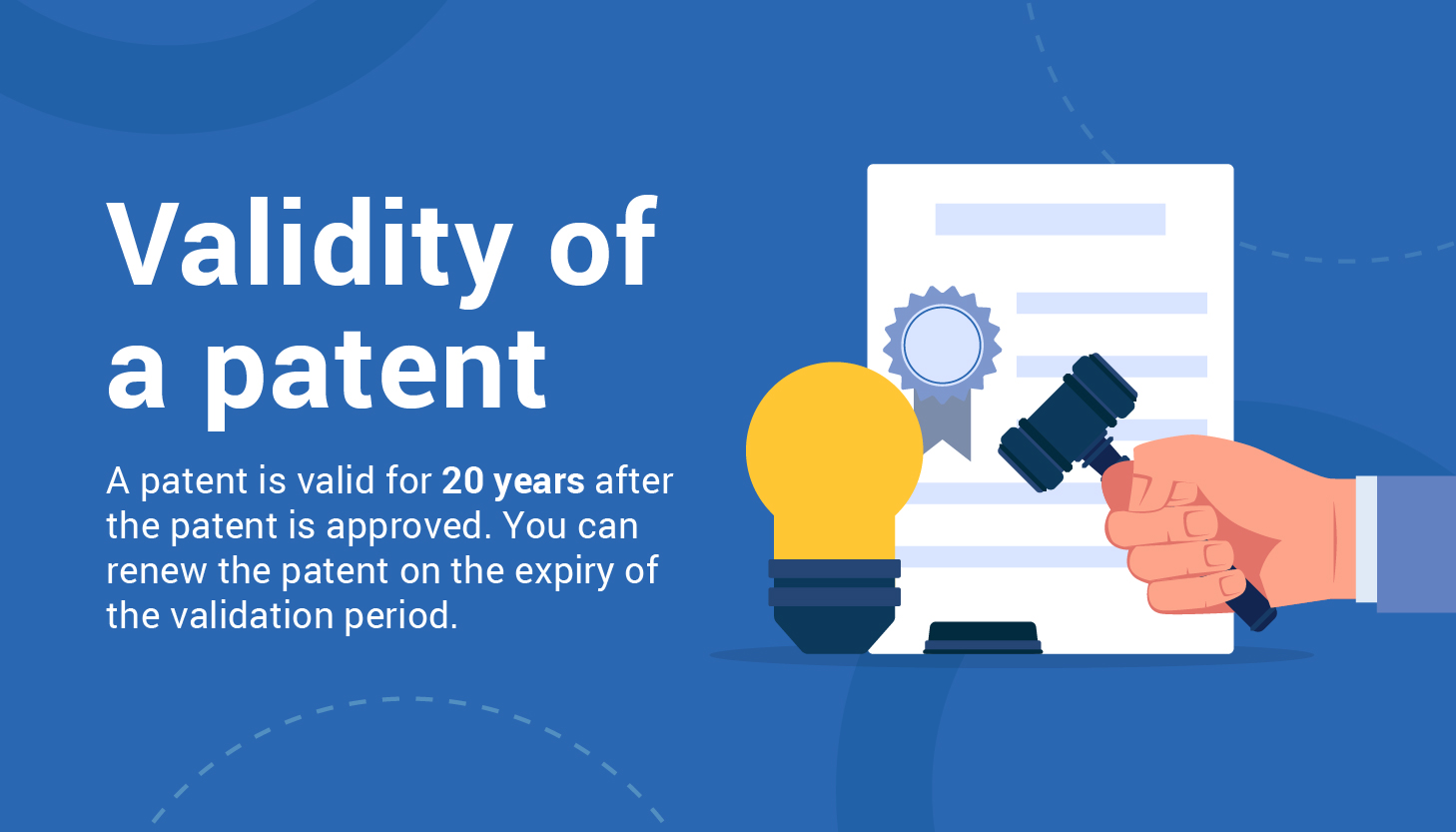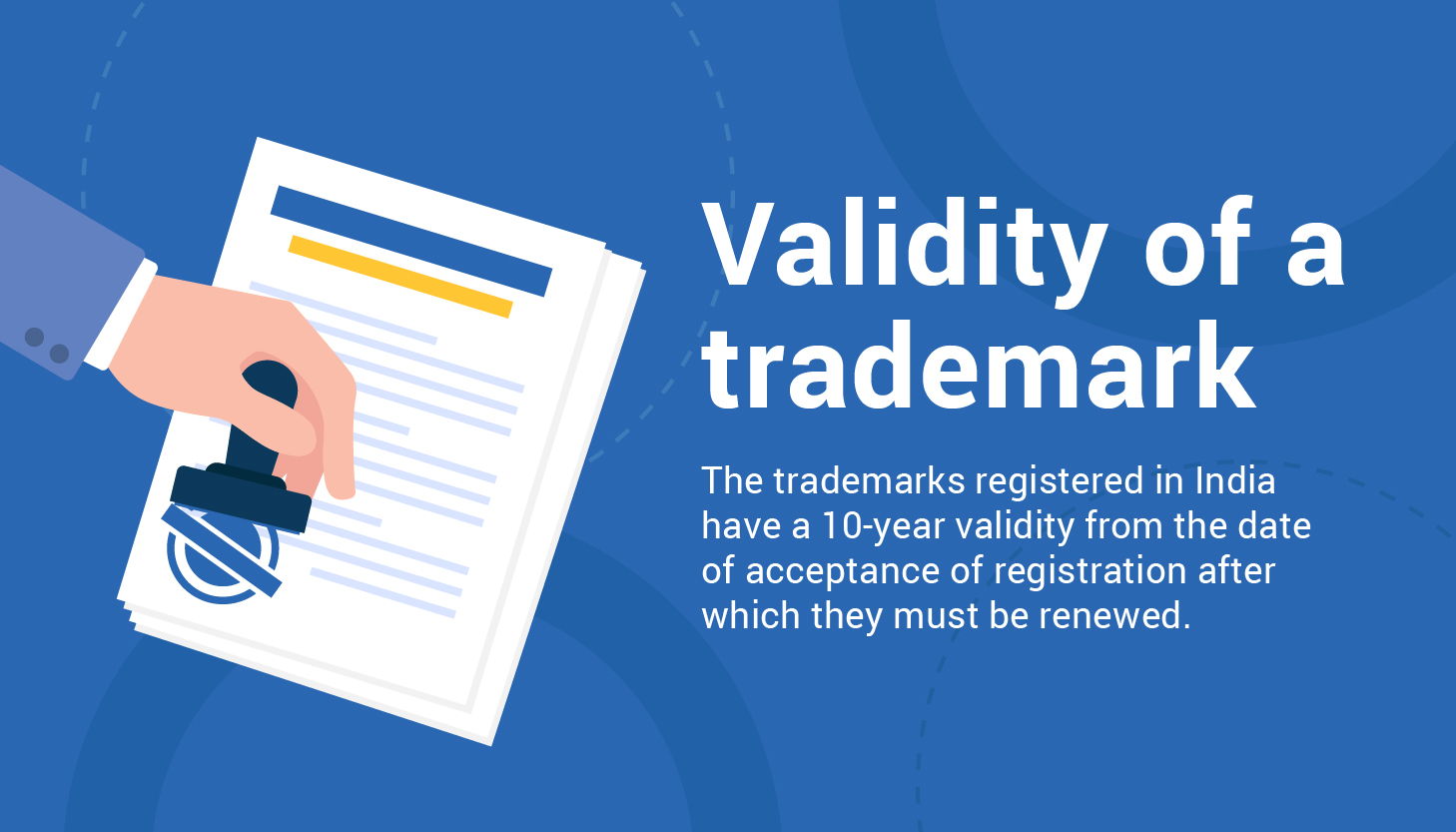Kissan and Amul fighting over the name of a jam, Samsung and Apple going to court over the design of their gadgets, Google and Oracle locking horns over who can use Java API are all real-life stories of companies fighting it out to keep the identity of their products and brands.
Imagine that one of your competitors launched a new product in the market. When you looked at the product details and description, it looked like the product you launched two months ago and uses the same underlying technology you patented. When this happens, your product’s identity and your sales forecasts are put in danger.
If you have a patent for your product, the patent law will safeguard you from third parties who attempt to make, use, sell or import your patented product without your permission. If you find this unauthorized use, you can take a legal course to protect your intellectual asset.
When you choose to protect your invention/creation legally, so nobody can copy or duplicate it, the invention/creation becomes your intellectual property. This intellectual property is protected by Intellectual Property Rights (IPR) or IP Rights.
Intellectual property explained
Did you know Walt Disney has copyright protection for Mickey Mouse or that Nikola Tesla obtained over 300 patents for his inventions? These old stories tell us the importance of protecting one’s creations legally, owning them as intellectual property.
Anything that you create or invent, it could be technology, product design, logo design, brand name, movie production, etc., is called intellectual property. There are three main types of intellectual property.
Patent
A widespread problem faced by businesses is imitation products. As soon as a company launches a new product or service in the market and it starts making some noise, there will soon be many copycats that will produce a similar product. This not only eats into your share of customers, but it also takes away the novelty of your product. Bad for business, right?
This is where a patent comes to the rescue. If you have come up with a new product, technology, product design, etc., you should apply for a patent. Once your patent application is approved you can ensure that nobody copies or duplicates your invention.
Patent is an intellectual property right that gives you exclusive ownership of your creation, invention, or innovation. This is a license granted by the Government of India to protect your intellectual property. It protects your inventions from being made or sold by others.
There are different types of patent applications depending on the purpose of the company. For more details on patents download our guide and find out what can be patented, cost for a patent application and how to obtain a patent.

Trademark
Have you seen this sign - ™ anywhere? Thats right, this is that tiny TM that you would have spotted at the end of a brand name. This is called a trademark and is used by companies when they have acquired a trademark for their brand name. A trademark protects marks, slogans or names that were created by businesses for differentiating his/her business from other businesses.
For trademark registration, you must also know that there are different classes which each trademark will belong to. Trademarks are classified under 45 different types of classes for goods and services. Classifications 1–34 are for goods, and 35–45 are for services.
Like patents, there are different types of trademark applications. It is also important to know what can be trademarked and the costs associated with obtaining a trademark. Download our guide for more details.

Copyright
You might have heard of song albums and movie scripts being copyrighted. We also mentioned that Walt Disney copyrighted Mickey Mouse. Copyright is to protect a material that you have created. It is provided for literary work, artistic expressions, theatre productions, musical or movie production, etc.
Since copyright is not relevant to most businesses, we won’t go into details of copyright protection. Usually, business enterprises acquire copyrights for the jingles that they have made for advertisements they have published. But this is typically done by large companies engaging in large-scale ad campaigns.
Why is IPR protection important?
We have already discussed instances where you would want to file for IPR protection. Have a look at some of the major benefits you stand to gain when you have a patent or a trademark on your products and product designs:
- Exclusive ownership of your invention/innovation
- A government granted license to protect your intellectual property
- A unique market presence with a novel product
- Limits competition
- Attracts investors
- Protects you against imitation products
- Legal right to demand for royalties if your product is being used by others
It is also worth mentioning that if you find someone copying your product you can file a case against them and claim damages. Moreover, small businesses with Udyam registration can claim a 50% tax rebate on an approved patent and copyright applications.

















